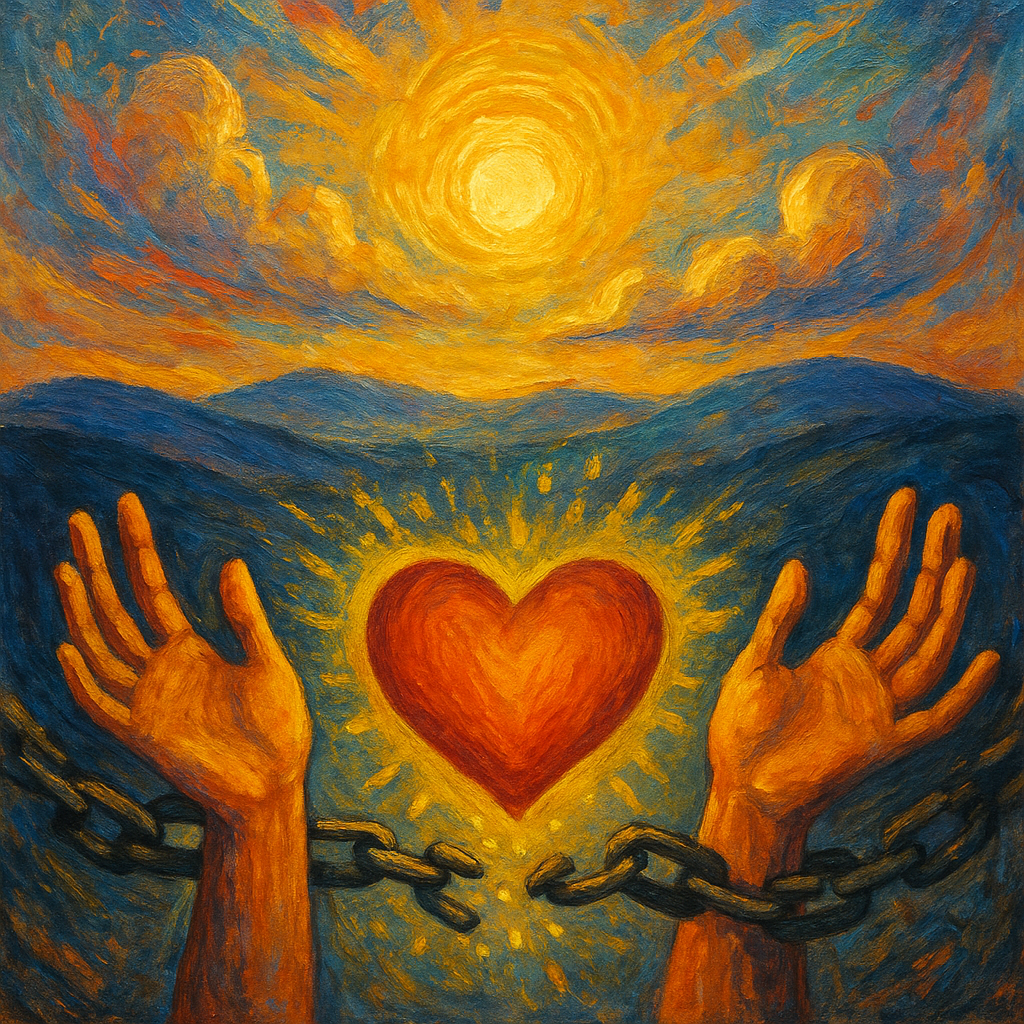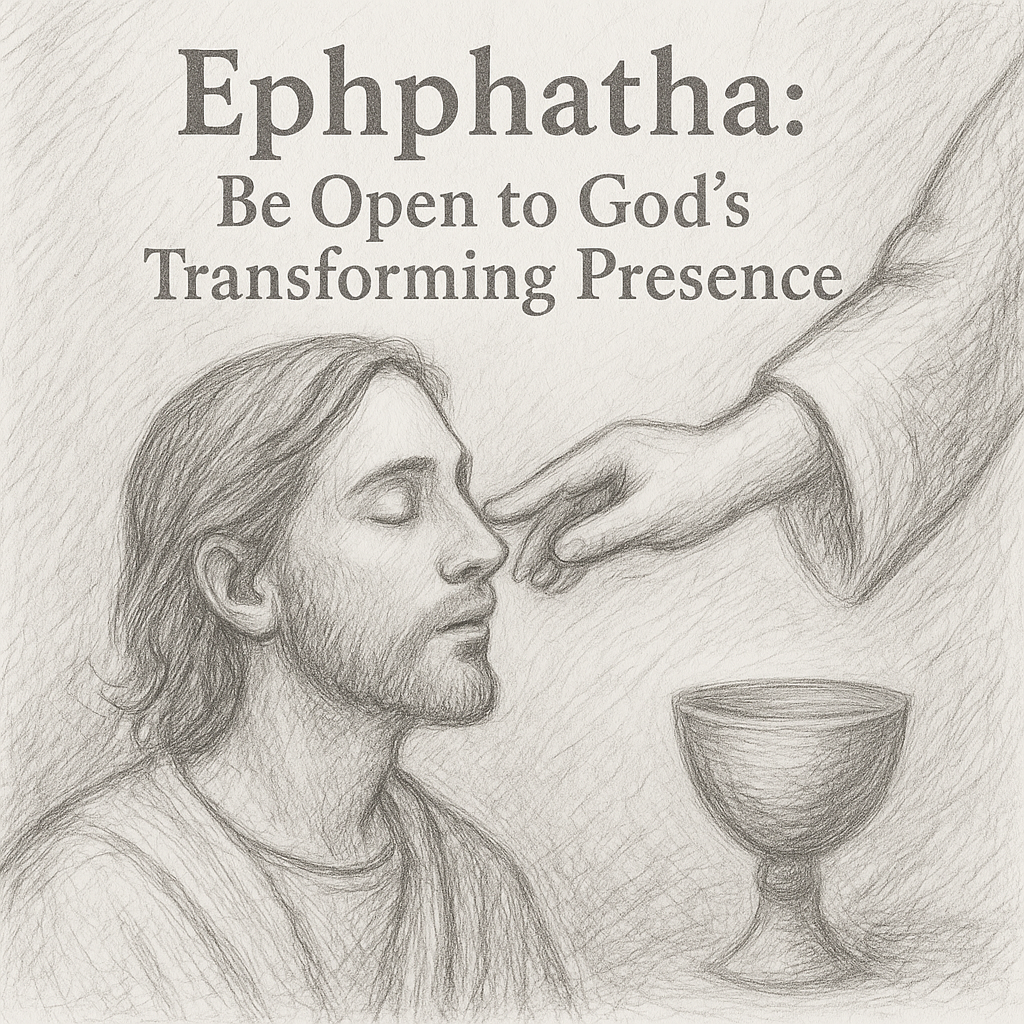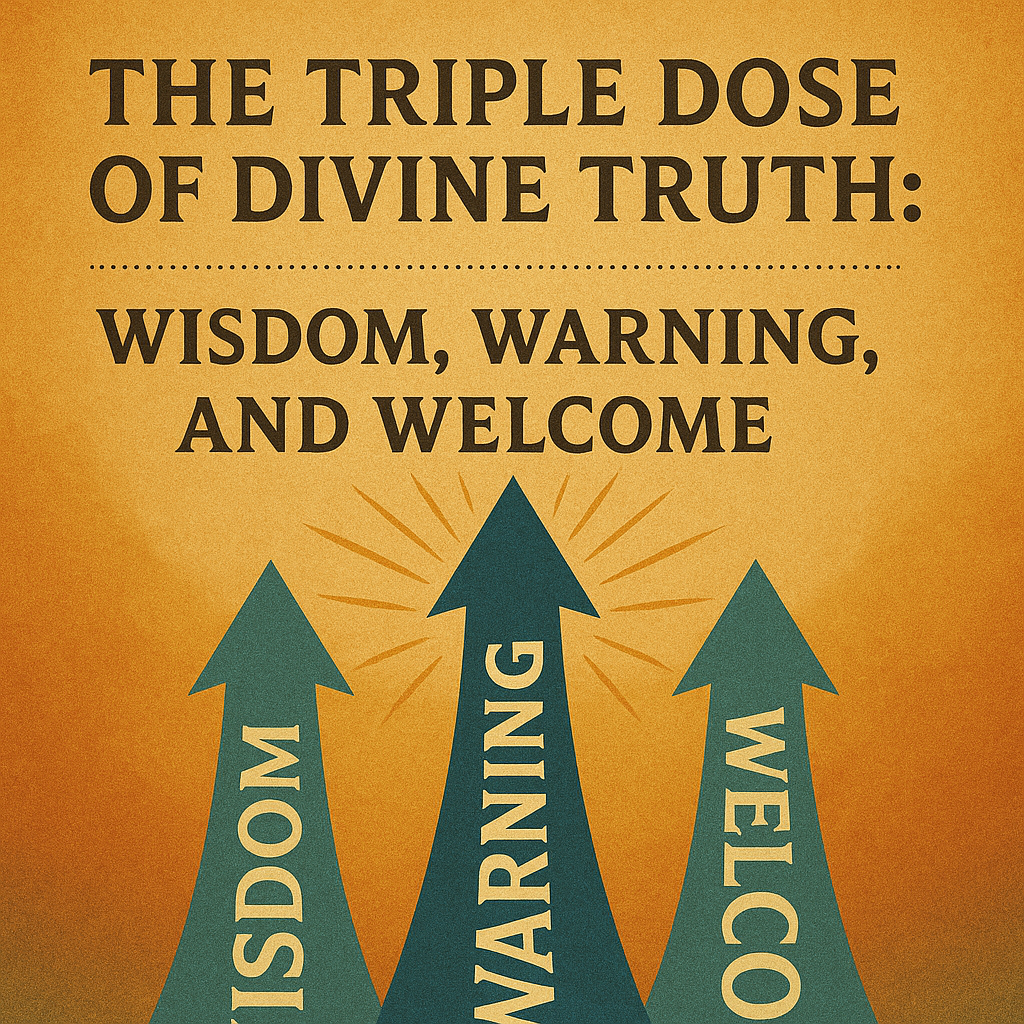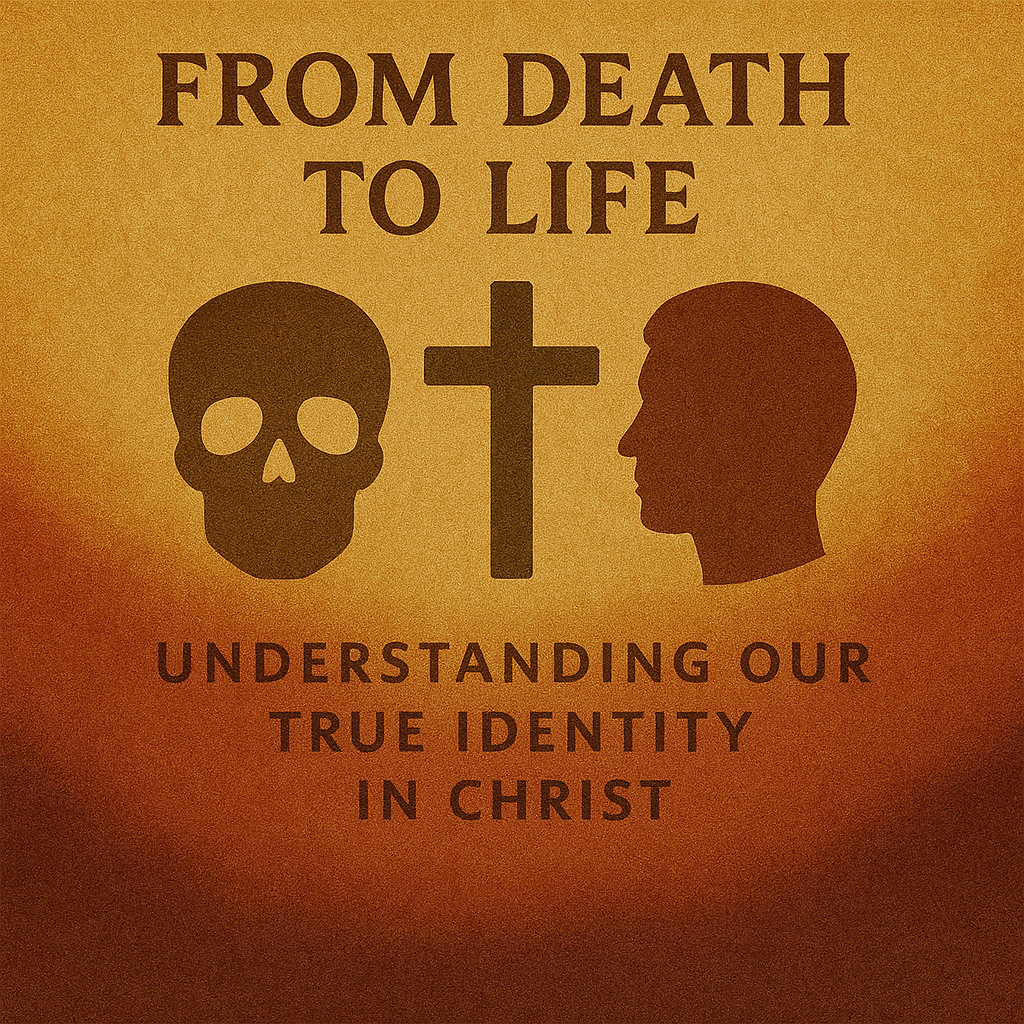
Who is Jesus Christ? The Most Important Question in Life
The most important question in life isn't about your mortgage or bank account. According to Charlie Kirk, there's only one question that truly matters: "Who is Jesus Christ?" The answer to this question determines our eternal destiny.
This profound question stands at the heart of our faith, echoing through scripture, prayers, hymns, and worship. Yet the modern secular world—and sadly, many churches—avoid this question entirely. They prefer easier questions about happiness, fulfillment, and avoiding offense. But these aren't eternal questions; they may comfort us momentarily but don't anchor us in eternity.

Finding Faith in Anxious Times: Lessons from Charlie Kirk's Legacy and the Power of Forgiveness
In a time when our nation seems to be at a turning point, many hearts are gripped with uneasiness and anxiety. The frailty of man without God cannot but fall, as the ancient prayer reminds us. We need divine help to navigate these challenging times.

Finding Hope in Darkness: The Power of the Cross in Troubled Times
Recent tragic events—from senseless murders to political violence and the anniversary of September 11—have left many hearts heavy with grief and questions about finding God amid suffering. The Feast of the Exaltation of the Holy Cross speaks directly to our broken world, reminding us that Christ was 'lifted high upon the cross that he might draw the whole world unto himself.' Like the Israelites in the wilderness who were healed by looking upon the bronze serpent Moses raised, we too find healing by looking to Christ lifted on the cross. The serpents of our time—violence, division, and hatred—inject the venom of despair, but the cross offers transformation rather than denial of our pain. While the world operates through power and domination, Christ shows us the way of self-emptying love, turning apparent defeat into victory. The cross exerts a spiritual gravity that draws humanity toward divine love even as darkness seems to prevail. In response, we are called to acknowledge our wounds and bring them to the Wounded Healer, embrace Christ's way of humility in a violent world, and become agents of God's drawing love through practical acts of compassion. By checking on neighbors, bringing meals to the grieving, or simply sitting with someone in their pain, we lift high the cross in our daily lives and embody the presence of Christ who enters our suffering with us.

Ephphatha: Be Open to God's Transforming Presence
God is always more ready to hear than we are to pray, and more willing to give than we desire or deserve. This fundamental truth about our Lord's character invites us to examine ourselves: How open are we to receiving what God offers so abundantly? Are our ears truly attentive to His voice? Are our lips ready to proclaim His goodness? Are our hearts prepared to be transformed by His mercy?

God's Power Revealed Through Mercy: Lessons from the Pharisee and Tax Collector
Like the tax collector rather than the Pharisee, we must approach God with humble acknowledgment of our dependence on grace, not with credentials of moral achievement. This posture of humility opens us to experience God's justifying power.

Lessons from St. Bartholomew: Faith, Recognition, and Servant Leadership
Can anything good come from Nazareth? St. Bartholomew's journey from skeptic to martyr teaches us to recognize God in the ordinary, embrace authentic spiritual power, and serve without seeking the spotlight. In a world obsessed with status and influence, could his ancient example be exactly what our modern faith needs?

The Triple Dose of Divine Truth: Wisdom, Warning, and Welcome
Our spiritual journey requires constant vigilance and awareness. As we navigate life's complexities, God provides us with three essential truths that guide our path: wisdom that prevents wandering, mercy that welcomes us back, and faithfulness that sustains us when we stand.

Spiritual Awakening: Recognizing God's Glory in Our Lives
In our daily lives, we often move through the world half-asleep spiritually. Like the disciples on Mount Tabor who were "heavy with sleep," we miss the divine glory surrounding us. The transfiguration reminds us that God's presence is constant, but our awareness of it fluctuates. The glory was always there, but the disciples couldn't recognize it until they were fully awake.

Living a Sacramental Life: Ancient Faith, Real Love
In a world constantly seeking the new and innovative, our hearts often yearn for something deeper—something that connects us to the communion of saints across time and space. This yearning is our soul's recognition that the sacred still speaks, and that ancient faith offers real love in our present moment.

From Death to Life: Understanding Our True Identity in Christ
In our spiritual journey, we often encounter a profound truth: without Christ, we are like "dead men walking" - physically alive but spiritually separated from God through sin. This powerful metaphor captures our human condition before salvation. Yet, the Gospel offers something transformative - those who were dead can now truly live.
